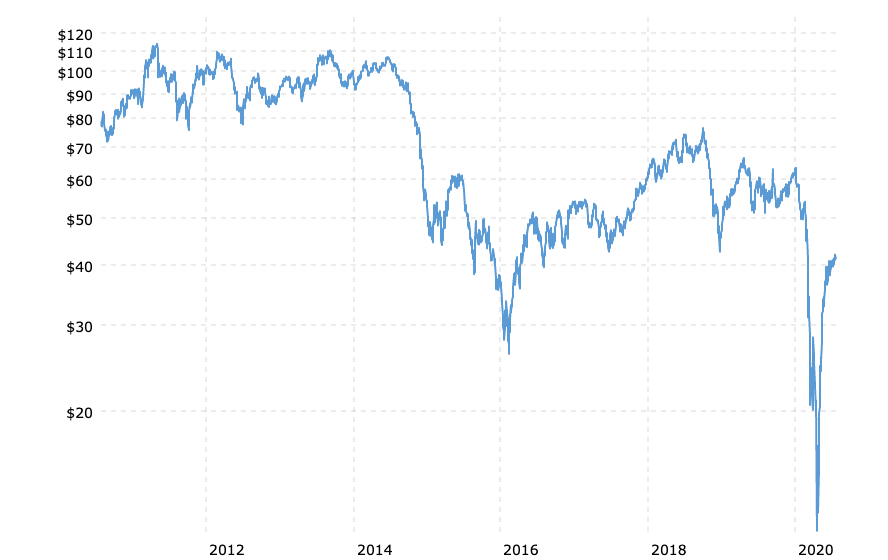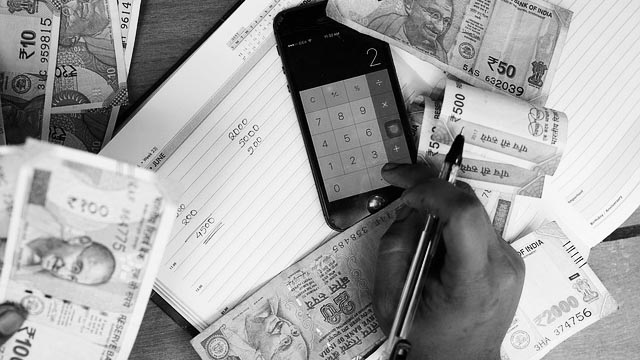Between July 16th and July 19th 2020, more than 100,000 people have tested COVID-19 positive in India. Even as India goes through the “unlock” phase, the number of affected people is increasing in a geometric progression. Although Prime Minister Narendra Modi has already announced his regime’s plan to provide free ration until November 2020, the poor people continue to suffer due to unemployment tide and the abject lack of liquid cash in their hands.
A large number of blue and white-collar workers in the organised sector are withdrawing their savings from the Employee Provident Fund (EPF) to meet their ends. A report by the Livemint said: “As many as 35,000 people are withdrawing their provident fund savings on an average working day in April” and “Neyveli Lignite Corp. in Cuddalore has seen its employees withdraw ₹84.4 crore of provident fund money, followed by Visakhapatnam Steel Plant in Vizag ( ₹40.9 crore), and NTPC Ltd ( ₹28 crore).” (sic).
In such a situation, it’s the government’s duty to assure that the people enjoy their social security benefits but, instead of ensuring this, the Modi regime is imposing high amount of tax on essential goods like masks, hand sanitisers, etc. Many servile economists of the government are legitimising this anti-people measure, this indifference towards the people’s cause by arguing that the government needs revenue to run the country. To some extent, these official economists aren’t wrong as another Livemint report shows that India’s federal fiscal deficit in the first two months through May 2020 stood at Rs 4.66 trillion ($61.67 billion), which is 58.6% of the budgeted target for the current fiscal year. One may argue that imposing indirect taxes will help reduce the fiscal deficit. But that’s not the best way to earn revenue at present.
Imposing or hiking the indirect taxes on essential commodities, goods of daily use, etc, won’t do good to the economy in the present condition because the majority of the common people don’t have adequate money in their hand due to rising unemployment. Imposing or increasing the indirect taxes on essential commodities and necessary goods will make such items dearer to the people who will find them hard to afford due to their falling income.
But not only indirect taxes, but the Modi regime’s sponsored inflation is also making the necessary goods harder to afford. Now, what is state-sponsored inflation? To understand the concept of a state-sponsored or government-sponsored inflation, we need to carefully analyse the trends of the oil market globally.

In recent times, we have witnessed a sharp drop in the crude oil price in the international markets.
But a comparative study by PRS Legislative Research showed that the Modi regime has intentionally kept the fuel price high in the domestic market.
The high fuel price fuelled incessant inflation which became one of the major issues of the present time. So in such a condition, the easiest way for a government to earn revenue is to borrow money from the market or any institution in the form of public debt. But in recent time, though the government’s borrowing has been increasing it didn’t use the money in social welfare measures or to alleviate poverty.
In the last 10 years, the Indian government’s debt experienced a sharp increase. Although it’s not as high as Greece, Spain, the UK and other such countries, the trend showed that government debt is going to be a serious issue in the near future.

